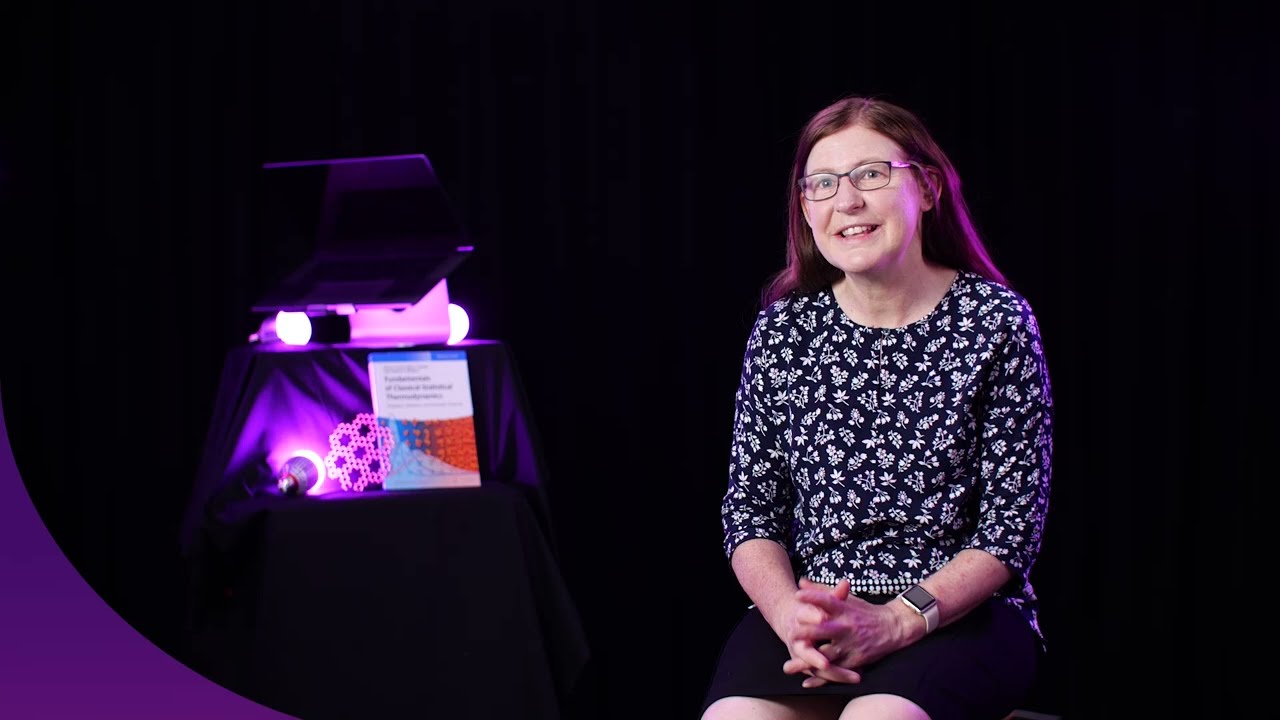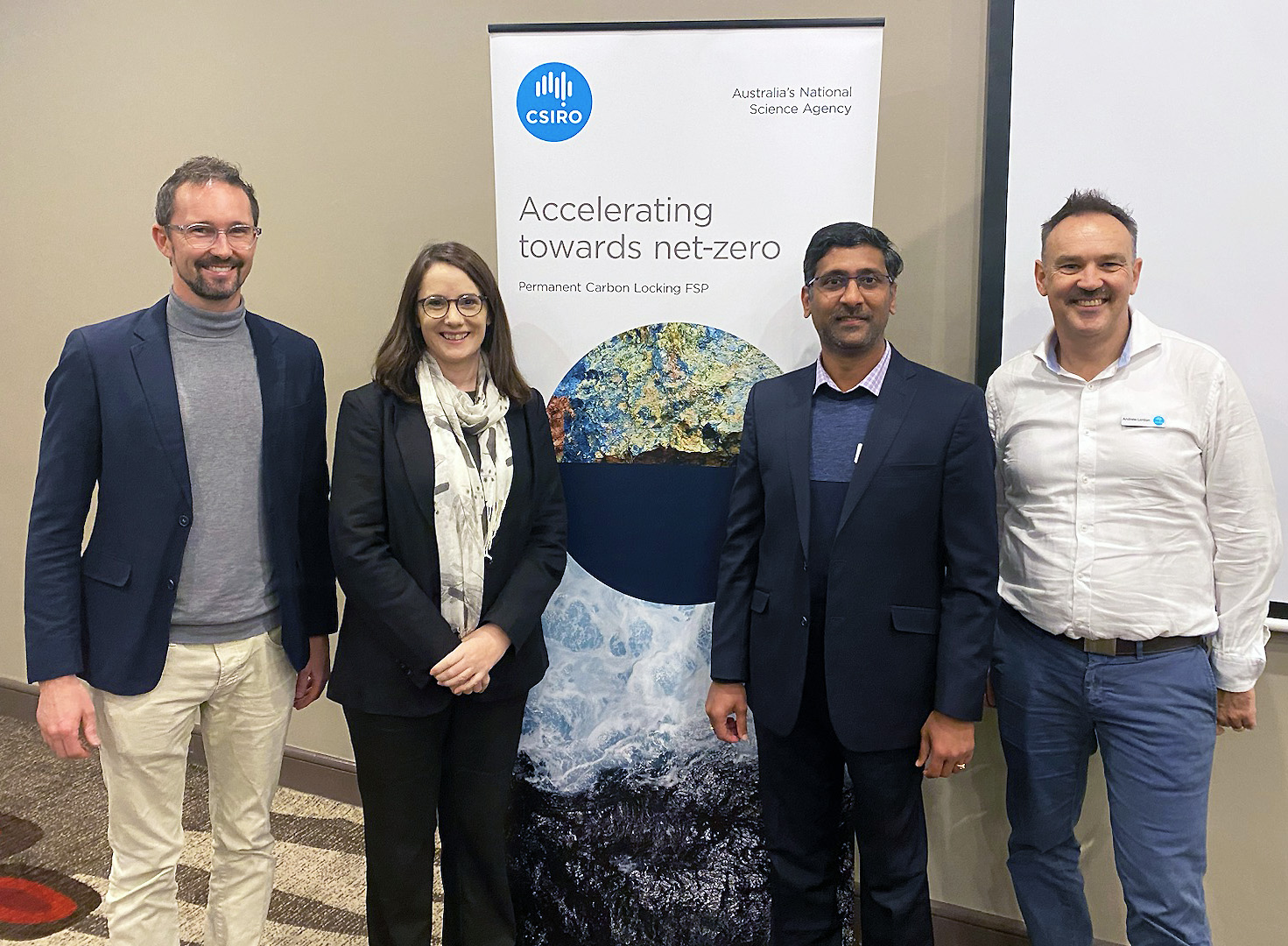We are excited to welcome Professor Debra J. Bernhardt to GETCO2 as a UQ Chief Investigator.
Debra is an ARC Australian Laureate Fellow in the Australian Institute for Bioengineering and Nanotechnology (AIBN) and School of Chemistry and Molecular Biosciences (SCMB) at The University of Queensland. She was the recent recipient of the RACI Margaret Sheil Leadership Award 2023.
Debra is taking over from Suresh Bhati, who is currently an Emeritus Professor at UQ and will convert from Chief Investigator to Associate Investigator with GETCO2. Suresh’s expertise and leadership have been invaluable in advancing GETCO2, and we appreciate his continuing involvement with GETCO2 as an Associate Investigator.
Debra Bernhardt will contribute renowned expertise in theoretical and computational methods for studying new materials and fluids, and she will be part of Research Theme 4 – Characterisation and Computation.
Curious about computation?
In this video, Debra explains how computational models can be used in the development of theory and computational methods for the study of molecular systems;
You can learn more about Debra’s research at the International Symposium on Green Transformation of Carbon Dioxide in Brisbane, 29 Nov – 1 Dec 2023, where she will present a plenary talk on Contributions of Simulation to Green Transformation of Carbon Dioxide.

